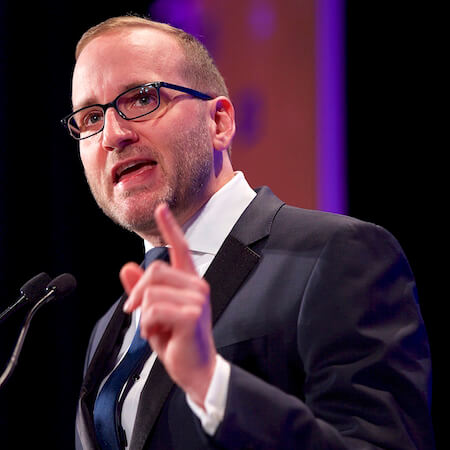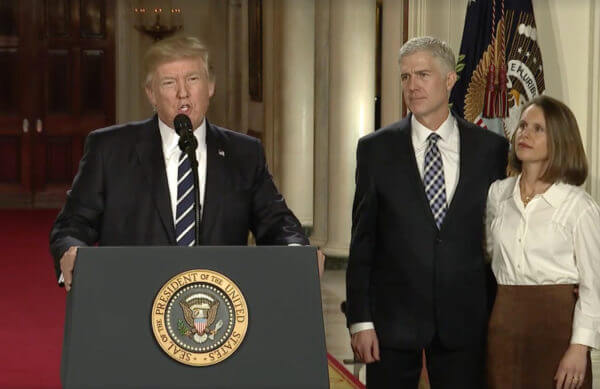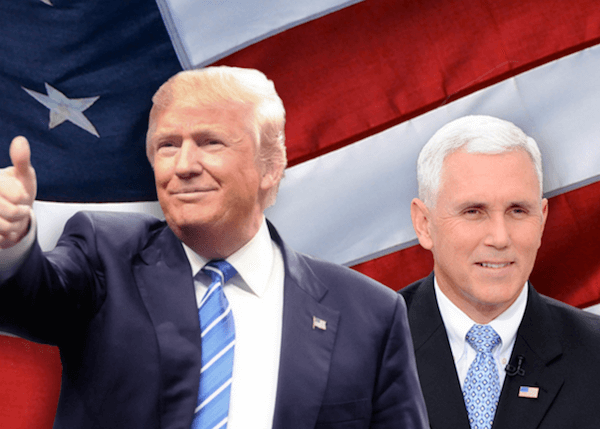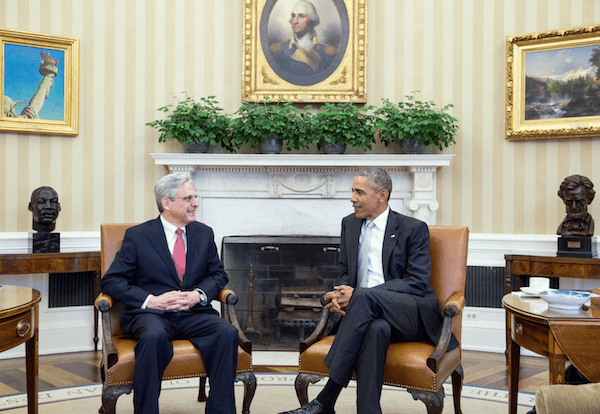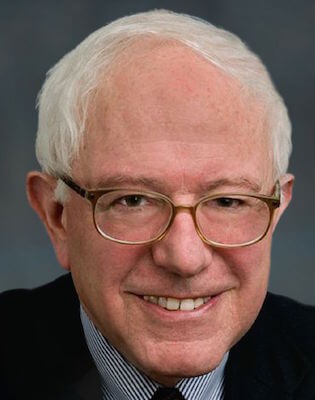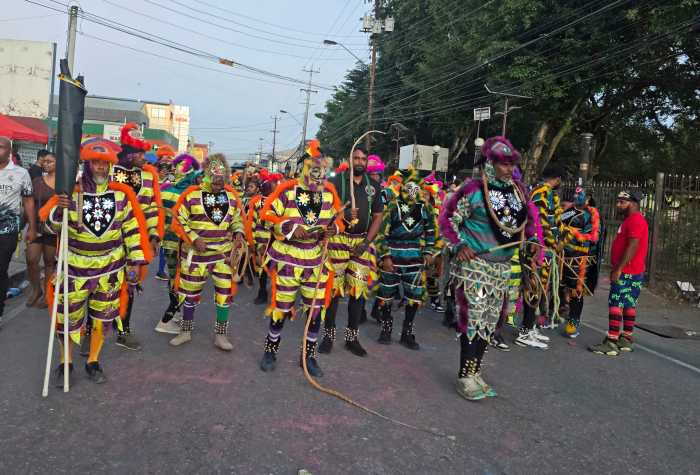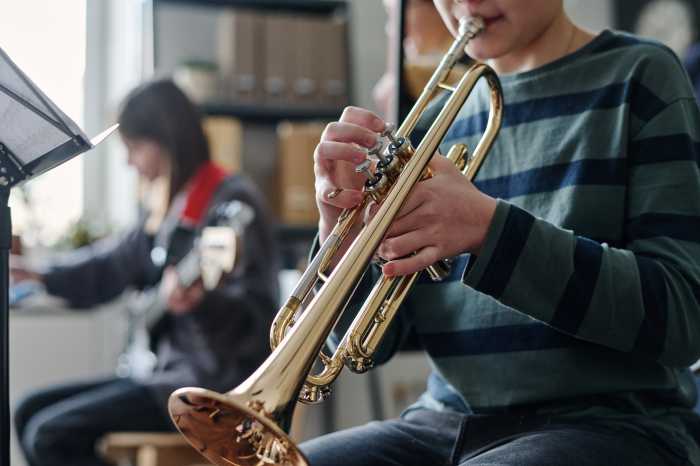HRC President Chad Griffin at the group’s 2016 gala in New York City. | DAVID GOODMAN/ HUMAN RIGHTS CAMPAIGN
After the NCAA ended its boycott of North Carolina over a state law there that barred transgender people from using public bathrooms that match their gender identity, the Human Rights Campaign (HRC) did not hold back.
“The NCAA’s decision to backtrack on their vow to protect LGBTQ players, employees, and fans is deeply disappointing and puts people at risk,” Chad Griffin, president of the nation’s leading queer lobby, said in an April 2017 press release. “After drawing a line in the sand and calling for repeal of HB2, the NCAA simply let North Carolina lawmakers off the hook.”
HB2, which was enacted in 2016, required transgender people to use public bathrooms that were consistent with the gender on their birth certificates and barred local jurisdictions in the state from enacting ordinances that outlawed discrimination in employment and public accommodations based on sexual orientation and gender identity.
HRC skewered NCAA for caving in North Carolina, mum on Trumponomics corporate cheerleaders
While HRC never explicitly called for a boycott of the state, the NCAA, which regulates college athletics at nearly 1,300 institutions, pulled some championship games from there and threatened to move later games to other states.
North Carolina’s Republican-dominated state legislature and Roy Cooper, its new Democratic governor, nominally repealed HB2 in 2017 and the NCAA announced that “this new law restores the state to… a landscape similar to other jurisdictions presently hosting NCAA championships… [T]his new law has minimally achieved a situation where we believe NCAA championships may be conducted in a nondiscriminatory environment.”
HRC said repeal “keeps some of the most discriminatory provisions of HB2 alive” and that “this action targeting LGBTQ individuals, particularly transgender people, is the very definition of discrimination and continues a shameful chapter for North Carolina.”
The NCAA was not alone in objecting to HB2. The association was joined by many non-profit entities and for-profit companies that opposed the law but were generally less public than the NCAA in their opposition. With a few exceptions, those other companies did not threaten the state with any sort of economic penalty as the NCAA did. When the nominal repeal occurred, the HB2 opponents quietly walked away from any boycott talk.
So it was the NCAA, an entity that was among the HB2 opponents that did the most to fight the law, that HRC kicked around in 2017 following the repeal. Other companies were spared HRC’s opprobrium. What is more striking is that some of those companies have done far worse than abandoning the North Carolina boycott. Some of those companies were likely spared by HRC because they are also major supporters of the queer rights group.
Most recently, AT&T and Wells Fargo issued glowing press releases after Congress passed the Tax Cuts and Jobs Act, a law that gives large tax breaks to businesses and the wealthiest Americans. The law will cost an estimated $1.4 trillion over 10 years and could lead Congress to slash entitlement programs, such as Medicare, Medicaid, and Social Security, to pay for those tax cuts. In its press release, HRC called the law the “Trump-Pence tax scam.”
The telecommunications giant announced it would give 200,000 US employees a $1,000 bonus and “invest an additional $1 billion in the United States in 2018.” The Trump administration is opposing an AT&T merger with Time Warner.
Wells Fargo said it would increase its minimum wage to $15 per hour from the current $13.50 per hour and spend an additional $160 million in charitable giving in 2018, bringing the total to $400 million. The bank also promised $100 million over three years “to support the growth of diverse small businesses” and $75 million in 2018 for “sustainable home-ownership and neighborhood revitalization.”
AT&T and Wells Fargo are among those companies that have both opposed anti-LGBTQ laws and made substantial donations to the state Republican lawmakers who enacted those laws, including elected officials in North Carolina. At least 60 percent of the federal political giving by AT&T and Wells Fargo has gone to Republicans in Congress in the 2018 and 2016 election cycles.
AT&T took no public position on HB2 that Gay City News could find, but it is represented on the board of North Carolina’s state chamber of commerce, which sought changes to the law, and on the board of the Raleigh Chamber of Commerce, which opposed the law. Wells Fargo publicly opposed HB2.
Wells Fargo remains a featured “Corporate Partner” on HRC’s website. AT&T partnered with HRC on the AT&T Live Proud on Campus campaign. AT&T was also a supporter of HRC’s 2016 Time to Thrive conference.
HRC has been willing to oppose at least one company that was previously an important ally on HB2. In 2017, HRC rejected $325,000 from Bank of America after the bank was engaged with a small number of other companies that negotiated the ostensible repeal of HB2, according to published reports.
HRC did not respond to a request seeking comment.

